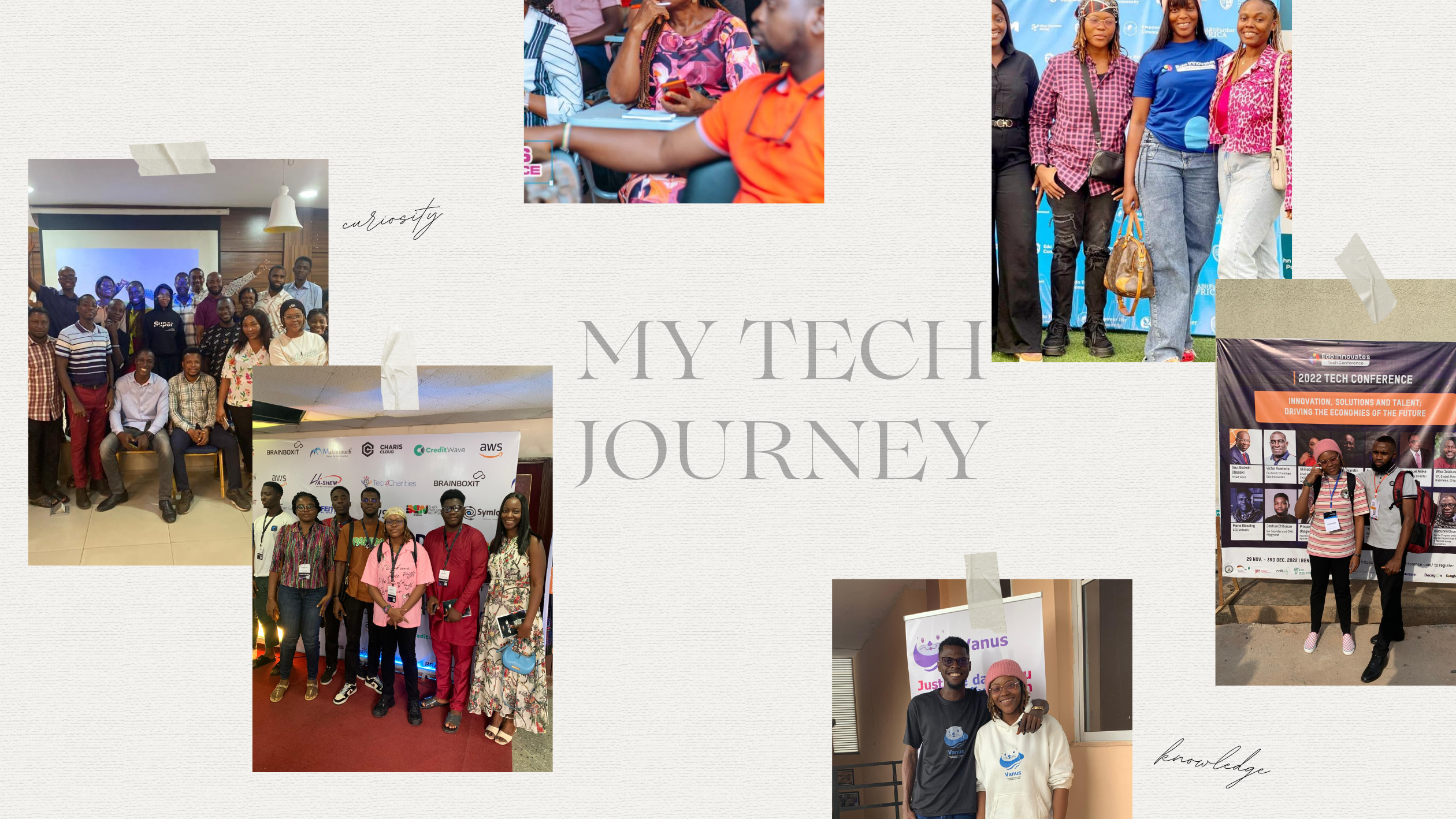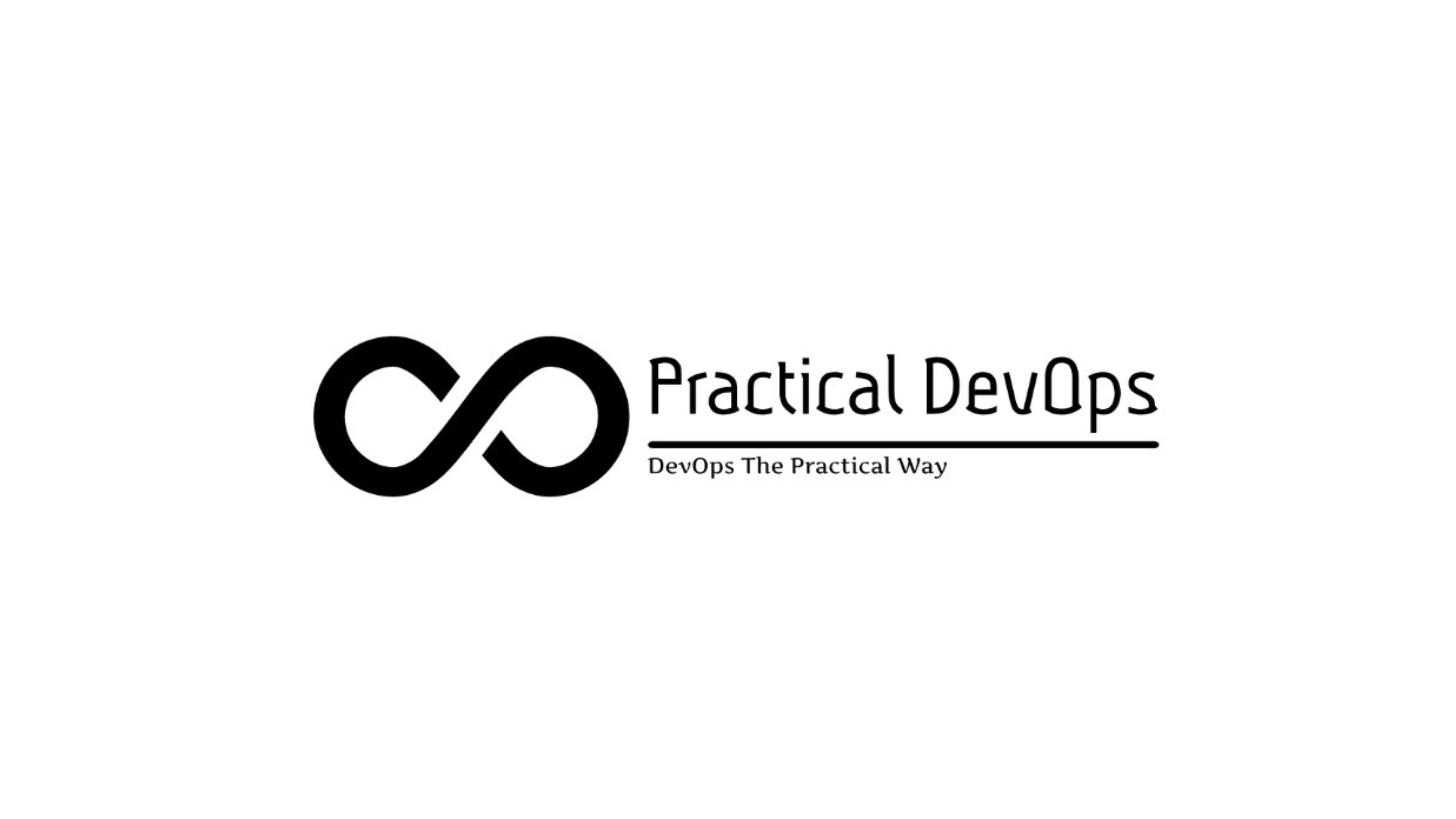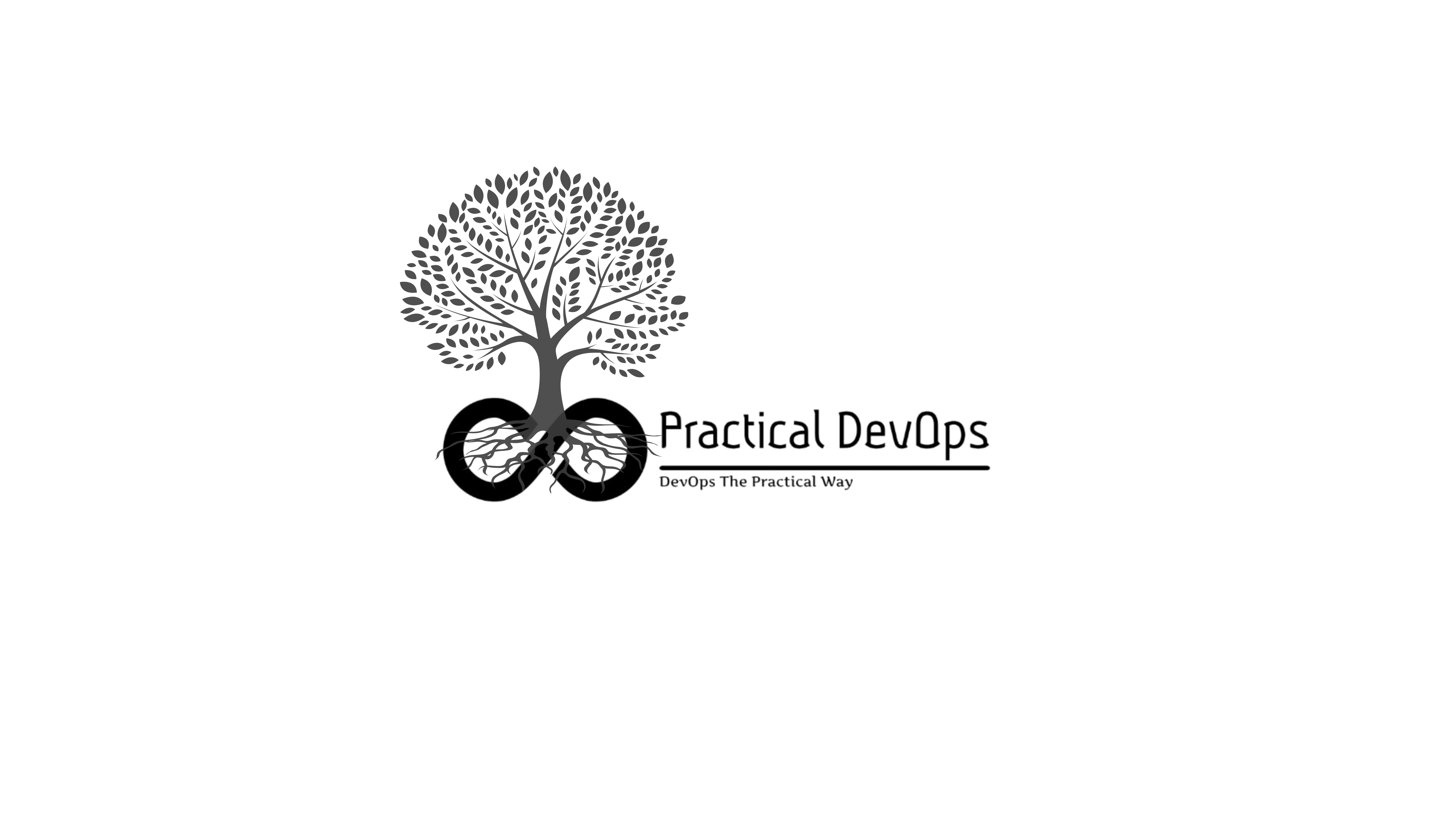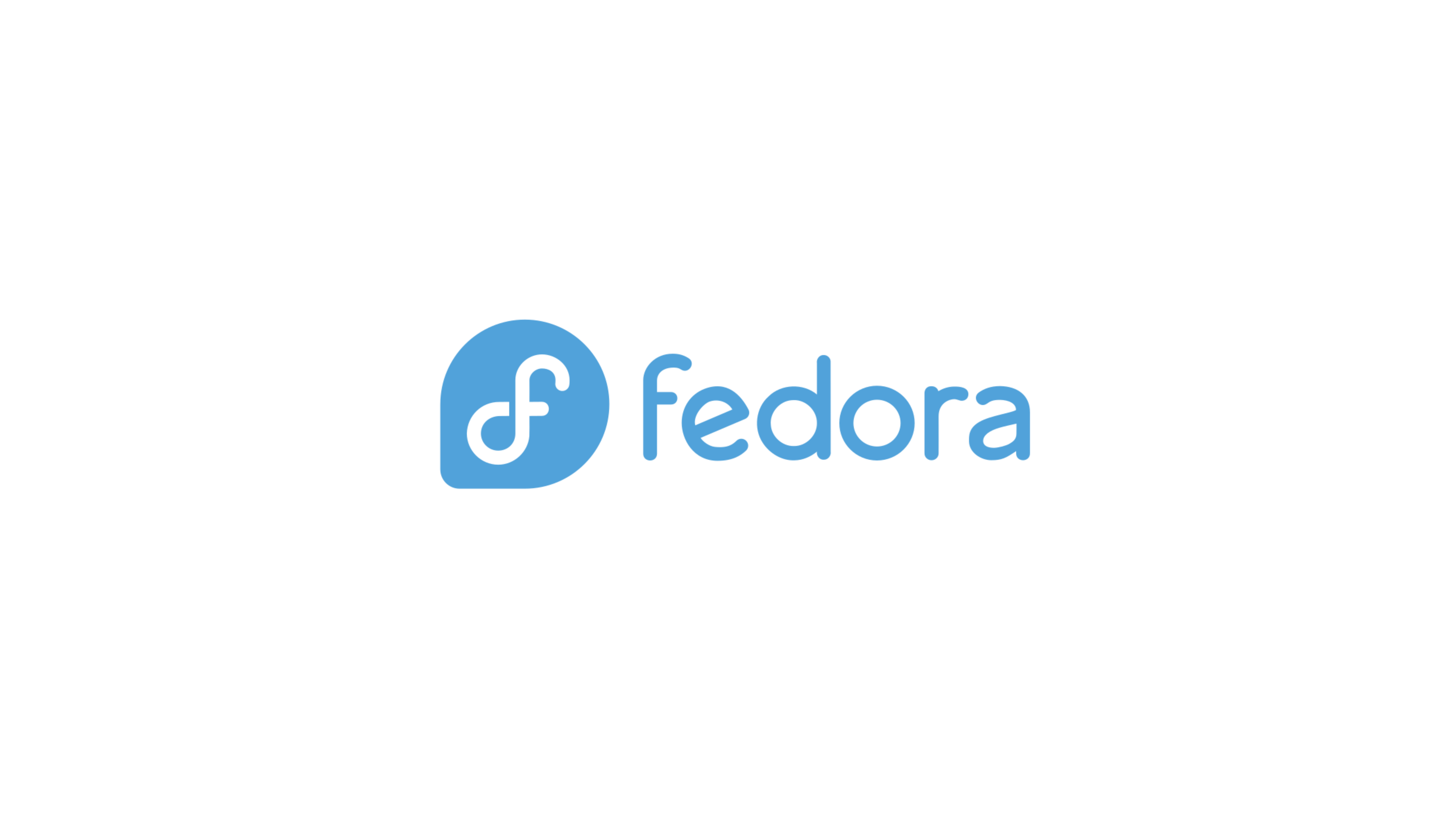My Tech Journey – From Interest to Passion
 Jamillah Bello
Jamillah Bello
I've always been a bit of a cat when it comes to curiosity, and while it may have killed the cat, it never did me any harm. My curiosity and thirst for knowledge have always led me to the best opportunities, like how I got my start in tech through the AWS re/Start program held by Edo Innovates.
At the time, I had no idea what AWS was or how cloud computing worked. All I knew was that it was tech-related, and that was enough to spark my curiosity. So, I applied for the cloud computing program, and while waiting for a response, I started researching what cloud computing and AWS were all about. That program turned out to be a game-changer. I learned so much and built connections that helped shape my career.
During the program, we were asked about our next steps after cloud computing and given two options: Solutions Architecture or DevOps. I chose DevOps. However, finding a DevOps training program was challenging, so I veered off the path for a while. I dabbled in data analysis and backend development, exploring various tech pathways, until some friends from the AWS re/Start program reached out. They had started a group where we shared DevOps resources, self-learned, and supported each other in upskilling.
While studying to become a DevOps engineer, I decided to return to where it all started, Edo Innovates, to volunteer as an instructor. Teaching the next cohort about cloud computing not only strengthened my knowledge but also practically reinforced my skills.
During this period, I was introduced to several communities like DGD, She Code, Empower Her, and more. I learned a lot from these communities and built valuable networks. However, one thing stood out, there was rarely any DevOps-focused training or discussions. I noticed DevOps was still a relatively new concept in Nigeria, and that was my area of expertise.
That realization sparked the idea for my current community—Practical DevOps.
Who We Are

Every great movement starts with a simple idea. For us, it was the realization that there was no DevOps community in our local area. While there are countless programs teaching web development, data analysis, and other tech fields, cloud computing, and DevOps are rarely given the same attention.
DevOps is a promising field, one that I fell in love with and knew others would too. However, many people have never had the opportunity to be introduced to it, and those who have often struggle to find the right path to gain the necessary skills. This gap in accessibility and guidance led to the creation of our community.
Practical DevOps is a fully remote community dedicated to equipping Nigerians with the technical skills needed to become DevOps engineers. We offer free AWS DevOps training to a diverse group of learners. Those already in tech, those who are complete beginners with no prior knowledge, and individuals who have started learning DevOps but struggle with structuring their learning or finding the right resources.
Our approach is hands-on. We create projects that simulate real-world job experiences, develop detailed documentation and video tutorials to guide students, and share curated resources to help them execute their projects effectively. While we are based in Benin City, our fully remote structure ensures accessibility to learners across Nigeria, regardless of their location.
We set out to build more than just a training platform, we want to create a space where knowledge is freely exchanged, mentorship thrives, and real-world projects are developed.
The People Behind The Movement
Our community is made up of a diverse mix of DevOps engineers, cloud practitioners, system administrators, software developers, and students eager to learn. We provide structured training sessions, mentorship programs, and hands-on projects focusing on AWS services, containerization, and automation tools.
It’s a growing community that started with just two people, me (Jamillah Bello) and Ehis Akhile. By our second cohort, we invited graduates from the beginner class to assist the next beginner cohort as technical assistants while they progressed through the intermediate session. A few of them accepted, and they were added to the team. This approach has allowed the community to expand organically. Moving forward, we plan to continue this model, bringing in members from each previous cohort to serve as technical assistants while they continue learning. This ensures that everyone in the community contributes, supports one another, and progresses from beginner to professional together.
For collaboration, we use Slack channels, where members discuss projects, share learning resources, and troubleshoot challenges. We also conduct virtual meetings on Microsoft Teams, ensuring accessibility for a broader audience.
We hold three weekly meetings, one for each learning pathway—beginner, intermediate, and professional, where we discuss projects, roadblocks, and progress. Additionally, students are encouraged to hold personal study sessions outside the official meetings to support each other.
Collaboration is at the heart of everything we do, and we take pride in fostering a community where everyone learns, grows, and thrives together.
Challenges We’ve Faced

Like many new local communities, we face our fair share of challenges. However, our main obstacles so far have been:
1. Lack of Funding
We currently run the community using our resources, which limits what we can offer. Since our training heavily relies on AWS, every student needs an AWS account. Unfortunately, some projects extend beyond the AWS Free Tier, requiring students to cover additional costs, something not everyone can afford. Additionally, Nigerian debit card restrictions make it difficult for some students to pay for AWS services, even when they have the funds.
To work around this, we create IAM users and grant students the necessary access to complete their projects. However, despite setting up budget alerts and emphasizing cost management, some students still forget to terminate unused resources. By the time we catch it, we’ve already incurred significant charges.
Access to AWS credits for training would make a huge difference, allowing students to learn without financial barriers. Additionally, organizing events, securing venues, and providing learning materials all require funding and resources that are currently hard to come by. For now, we’re focusing solely on teaching, but in the future, we hope to:
Provide AWS credits to support student projects.
Organize both virtual and in-person events.
Bring in expert speakers in AWS, Linux, DevOps, and other key areas.
2. Limited Reach & Diversity
To grow our impact, we need better outreach and advertisement to attract more participants, especially women. Increasing visibility will help us reach a larger audience and create a more diverse and inclusive community.
3. Sustaining Engagement
Many learners start with enthusiasm but struggle to stay committed due to competing responsibilities or the complexity of DevOps concepts. As a result, the number of students who complete the program is significantly lower than those who initially enroll.
We are continuously exploring ways to improve retention, provide motivation, and ensure that more students make it to the finish line.
Sustaining Growth & Engagement

One key factor that has kept our community active and growing is our mentorship-through-experience model, where past students re-enter the system as instructors.
Our structure allows students to progress through three levels: Beginner, Intermediate, and Professional. To advance, students must complete the previous level. After finishing a level, they are allowed to assist the new cohort entering that same level.
This approach benefits both the mentors and the new learners:
It helps past students reinforce their knowledge by teaching others.
New students receive guidance from peers who recently overcame the same challenges, making it easier to navigate obstacles.
Previous students can share firsthand tips and motivation to help others stay committed until the end.
Our Mentorship Program
Beyond technical training, our mentorship program plays a vital role in student success. We offer:
Career guidance – helping students navigate the job market.
Job application and interview prep – sharing key strategies to improve their chances.
Access to valuable resources – providing materials to aid continuous learning.
My partner, Ehis Akhile, is a DevOps engineer with over five years of experience, and his insights have been instrumental in guiding students on their career paths.
Other Key Initiatives That Keep Us Active
Project-Based Learning – Participants work on real-world DevOps projects that simulate actual job tasks. These projects are carefully designed to match industry scenarios, allowing students to document them in their GitHub repositories, which serve as portfolios when applying for jobs.
Establishing Strong Mentorship Programs – We connect beginners with experienced DevOps engineers and professionals from other tech fields who provide career development guidance.
Hosting Live Classes – We conduct live sessions to:
Break down project tasks and best practices.
Discuss cost optimization strategies, such as using micro instance types instead of larger, more expensive ones, and selecting free-tier AWS resources whenever possible.
Cover security best practices to ensure students build secure and scalable solutions.
By combining structured learning, mentorship, and hands-on experience, we ensure our community remains engaged, supportive, and continuously growing.
How Fedora Can Support Local Communities Like Ours

Fedora can be a powerful ally in supporting local tech communities, particularly ours. While some forms of support, like funding, benefit all communities, others are more specific to individual needs. I can only speak for my community, as I fully understand our challenges and goals. Here are a few ways Fedora can make a meaningful impact on our growth and success:
Providing Cloud Computing Resources: Offering AWS credits or sandbox environments to enable hands-on training for students, helping them gain practical experience without financial barriers.
Supporting Learning & Certification: Sponsoring learning materials and certifications for individuals who want to specialize in cloud technologies, making professional growth more accessible.
Strengthening Mentorship Programs: Connecting Fedora experts with local community leaders to guide, mentor, and expand training initiatives, fostering long-term learning and growth.
Hosting Informative Workshops: Organizing workshops and training sessions where Fedora experts can share best practices in Linux, cloud computing, and open-source contributions, helping students navigate the tech industry more effectively.
Establishing Fedora Ambassadors: Introducing Fedora Ambassadors who can engage with edu-tech communities, promote Fedora’s role in DevOps and cloud computing, and advocate for open source adoption.
Funding for Community Growth: Providing micro-grants or sponsorships to help organize DevOps boot camps or networking events. Additionally, supporting hardware acquisition, such as laptops, for students from underprivileged backgrounds.
By implementing these initiatives, Fedora can empower our local community, bridge the knowledge gap, and equip individuals with the skills needed to excel in cloud and DevOps careers.
Looking Ahead: A Vision for the Future

We are optimistic about the future of our community. With the right support, we believe we can expand our reach, offer more structured training, and help more individuals transition into DevOps careers. Our vision is to create an inclusive environment where everyone, regardless of background, has access to the tools and knowledge needed to succeed in cloud computing and DevOps.
My transition into tech was delayed because, for the longest time, I couldn’t afford a laptop. We recognize that many passionate and determined individuals face similar challenges, which is why we hope to launch initiatives to donate laptops to those from disadvantaged backgrounds. By doing so, we can ensure that even those who lack the most basic resources still have a chance to break into tech.
Additionally, we are preparing to launch a women-only branch of Practical DevOps, personally led by me. This initiative will focus on mentoring and training women with zero prior tech experience, guiding them from absolute beginners to skilled professionals.
The future is bright, and with continued dedication and support, we can bridge the knowledge gap, empower more people, and shape the next generation of DevOps engineers.
The Importance of Community
The importance of community cannot be overstated. I have gained so much from every tech community I’ve ever joined, whether in terms of knowledge, experience, or connections. Each one has made an impact in its own way.
I’ve always believed that as humans, we thrive when we work together. No one succeeds alone; we all need support from others at some point. Sometimes, you’re just one connection away from a breakthrough that could change your world.
If you’re part of a local community, what challenges do you face? How have you overcome some of them? And what kind of support do you think Fedora can provide to help your community grow?
Let’s start a conversation. I’d love to hear about other communities, their initiatives, and the impact they’re making.
Subscribe to my newsletter
Read articles from Jamillah Bello directly inside your inbox. Subscribe to the newsletter, and don't miss out.
Written by

Jamillah Bello
Jamillah Bello
Technical Writer and certified AWS Solutions architect, with a background in DevOps. I enjoy learning about new concepts and simplifying their usage in documents.